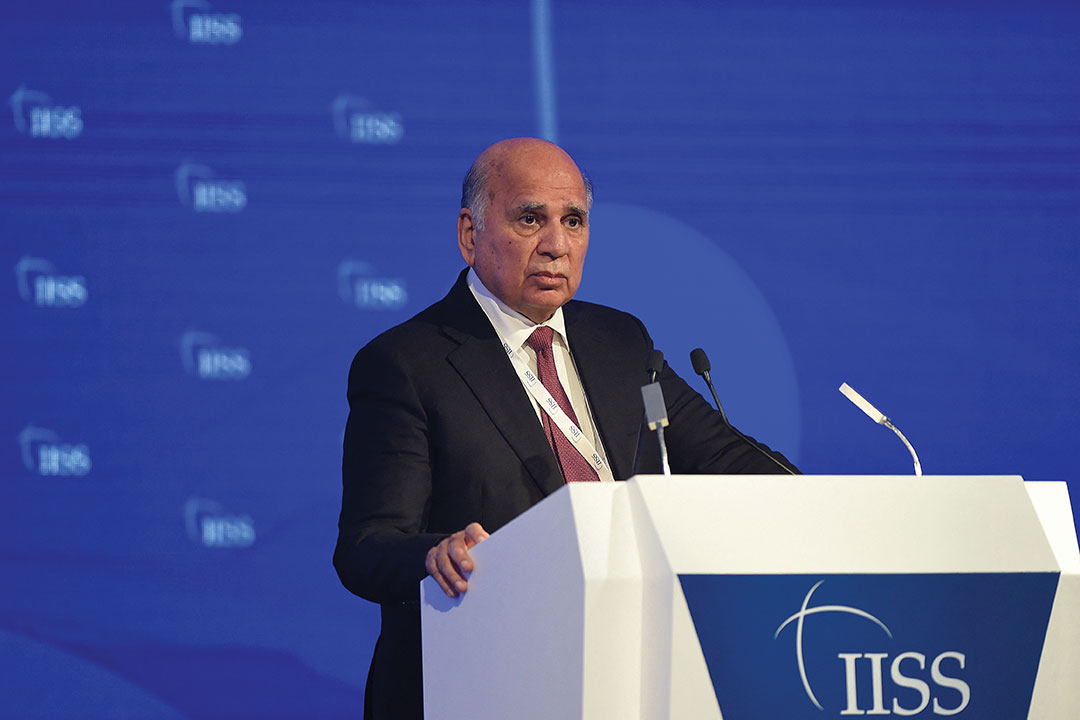LT. COL. Dr. Khalid Mohamed Alqahtani, BAHRAIN Defence FORCE
When considering the intelligence field, psychological studies show that the human mind struggles to provide useful and unbiased analysis unless rigorously shaped using professional tools and techniques of the intelligence craft.
These tangible and intangible tools ultimately validate their effectiveness if they produce clear and correct results valuable to the user of intelligence reports. This new era in intelligence science requires an openness to information from many sources. Rigid thinking — accepting only facts that narrowly conform to prejudices — should be cast aside. Analysts must possess the mental and emotional flexibility to change course when presented with evidence that contradicts comfortable assumptions. Only in this way can analysts draft intelligence reports that enlighten decision-makers as they shape the fate of society and politics.

Intelligence analysts are expected to understand their humanitarian mission and adhere to the following principles:
- Focus on achieving the objective in line with the policy of using accurate mechanisms in the analysis. This is in addition to the brainstorming used by the analyst to make the analysis process accurate.
- Create security reports that adhere to the policy of the organization or the state and will receive immediate acceptance and the analyst will be appropriately rewarded. Security reports that contradict the required policy will be ignored.
- Communicate the required analysis to the user(s) and convince them of its credibility, and trust the user(s) will act accordingly.
Intelligence analysts also face many challenges, including:
- Analysts need a good sense of timing in submitting the analysis.
- Analysts should have little difficulty defending their reports and should do so as if they are lawyers defending a point of law.
- Analysts need to capture the attention of the policymaker without sacrificing credibility.
- Political decision-makers expect to hear clear summaries and conclusions that ultimately serve the public interes Distorting analysis to conform to a public or private interest is unethical and unprofessional.
- If an analyst aims to alter a political decision regarding national security, he or she must present convincing tangible evidence. The best type of evidence is collected and validated using modern professional tools.
- Reports must be concise — maybe one or two pages — to respect the busy schedule of the policymaker.
- It’s best to divide complex problems into sections so they can be analyzed more thoroughly and efficiently until a unified picture can emerge.

One of the most important jobs of an analyst is the prompt delivery of written or oral reports, which should based on:
- The sensitivity of the party receiving the information. It is extremely important for the head of a government department to know secrets and risks when making decisions that affect his department.
- Information must reach the leadership as quickly as possible without bureaucratic obstacles.
- Information must be clear and accurate, avoiding exaggerations or underestimations.
- Because time is limited and government leaders are often preoccupied, intelligence analysts must strike a balance between overwhelming decision-makers with too much information and supplying them with too little information.
- It is important to ensure reports don’t conflict or provide unnecessary duplicate information.
- To achieve these requirements, the intelligence apparatus and the governmental authority requiring the intelligence must maintain clear channels of communication and coordination. Information must flow as smoothly as possible within administrative structures and hierarchies.
Using the measures discussed in this article, analysis can be improved for greater accuracy, despite the sometimes ambiguous information with which intelligence analysts work. Although intelligence failures will never be completely eliminated, these measures improve the odds that decision-makers will be well informed when deciding which policies to pursue.

